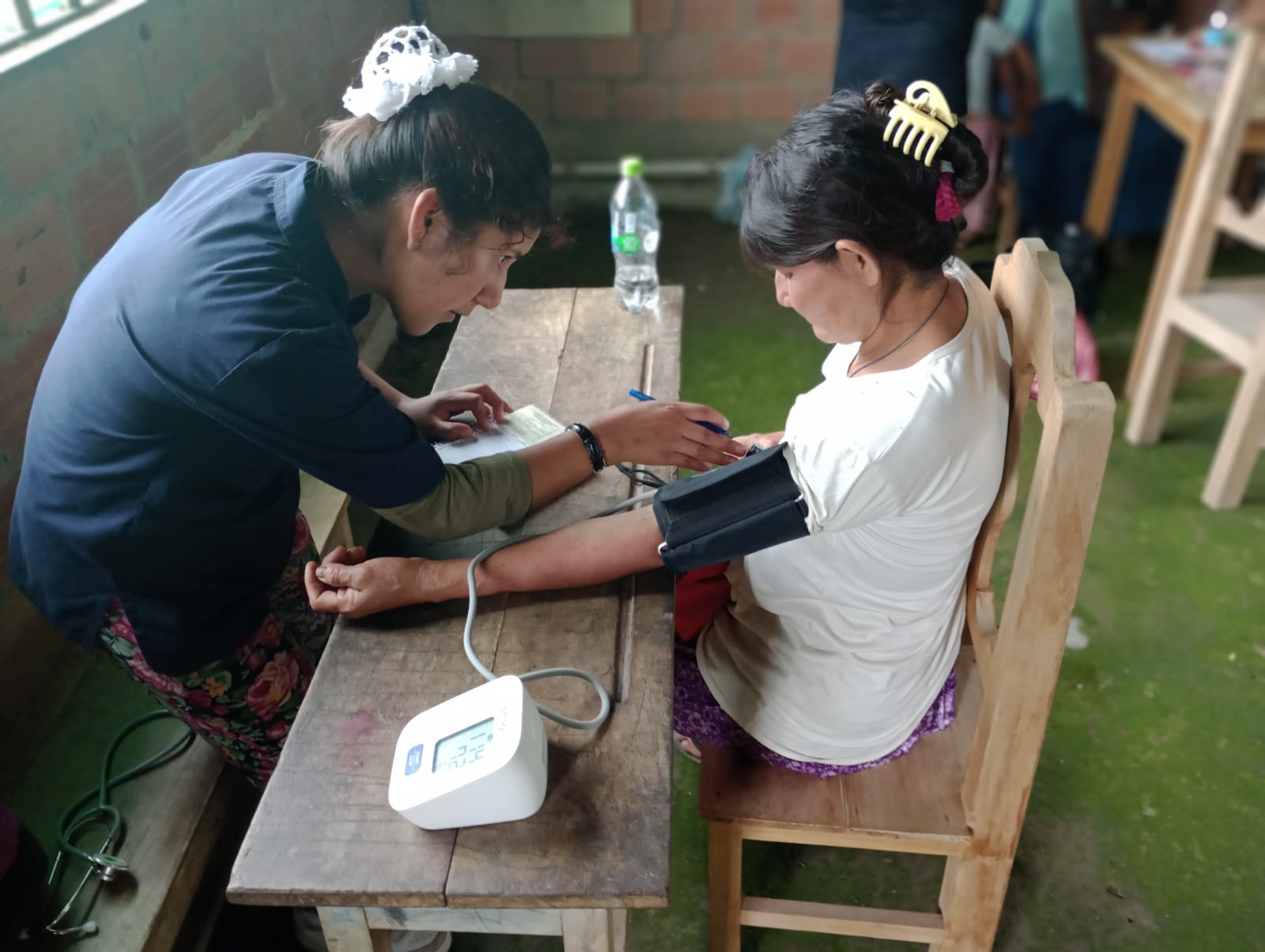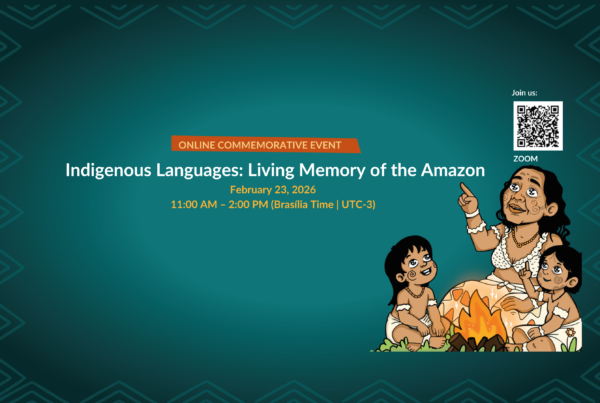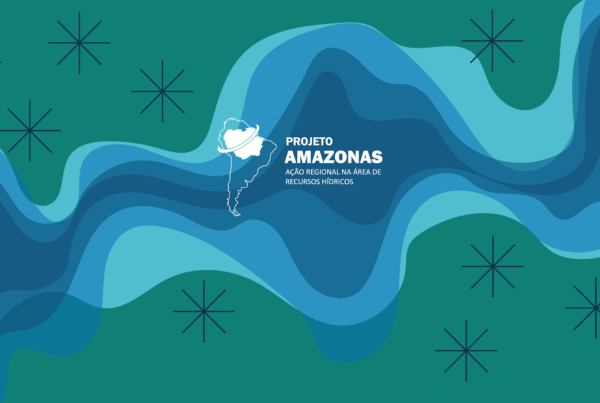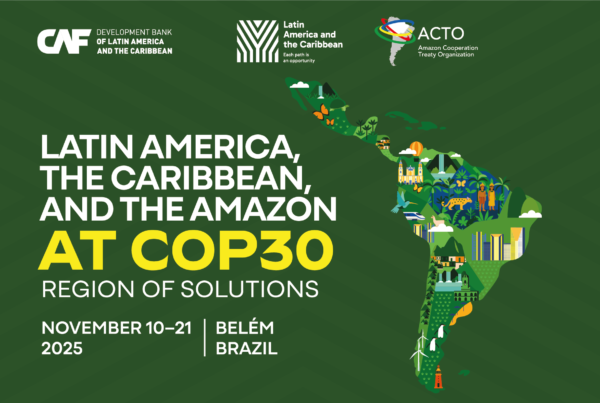In the framework of the technical mission of ACTO in the Madidi region in Bolivia, the technical team of San Buenaventura Hospital, consisting of doctors, nurses, and technicians, implemented health care, dental care, and vaccination in the Torewa community.
The members of the mission and the medical team traveled more for than three hours on boat over the Beni River and more than an hour walking across the woods until the Torewa community, located in the Madidi National Park (PNM for its acronym in Spanish), Department of La Paz.
The groups of parents of Mosetene, T’simane, Lecos, Quechuas, and Aymaras formed a line and registered in a school in the community where the consultation took place.
The activities of health care, dental care, and vaccination were under the coordination of the Director of the San Buenaventura Hospital, Dr. Santos Gutiérrez. These professionals form part of the Unified Public Health System of Bolivia.
During the consultation, the doctors proceeded with verifying prevalent diseases manifested by the patients, particularly the children, which attended in a vast majority.
The oral health service was undertaken by odontologist Xiomara Sarmiento and the technicians, with essential examinations and orientations to families.
Following the activities of this mission by ACTO in the area of Project Contingency plans for Health Protection of Highly Vulnerable Indigenous Peoples and in Initial Contact (ACTO/OPS/BID), a radio network equipment was installed in the Torewa community to contribute and integrate the indigenous communities in the Madidi National Park to the network of early warnings for the fight against COVID-19, and to cope with any new infectious epidemic disease.
The technical mission concluded its activities with the additional installation of radio network equipment in the community of Villa Fátima of Tacana village, located 6 hours away from San Buenavista.
Lastly, accomplished the validation of data presented in the diagnostic elaborated by the consultants of ACTO. The interaction between the progress of health and the environment is gaining importance, since any disturbance of nature results in health issues and, in many cases, in zoonotic diseases, which must be prevented.
However, the role of traditional medicine is fundamental to the local public health for understanding the context and the lack of health services in the region. Due to this, a comprehensive process of land planning and actions towards indigenous communities has become preponderant.



